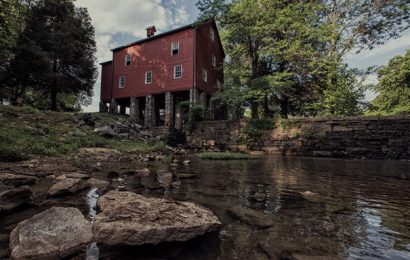Quality of Life
The best place to call home.
Fentress County offers a quiet and picturesque setting in the beautiful, rural Upper Cumberland region. The affordable cost of living, low taxes, low crime rate and low traffic are just a few of the benefits of living in Fentress County. Conveniently located less than 10 miles from Interstate 40, Fentress County affords a rural and hospitable quality of life with easy access to more urban areas.
With mild weather, quality healthcare, a strong sense of history and beautiful landscape, Fentress County is the ideal place to bring your business, live your whole life or relocate for your retirement years.
Outdoor Recreation
The moderate climate with four distinct seasons makes Fentress County the ideal location for outdoor recreation. As the gateway to the breathtaking Big South Fork National River and Recreation Area, Fentress county offers almost every kind of adventure for the outdoor enthusiast. Called the trail riding capital of the Southeast, Fentress County draws visitors (and their horses) from all over the United States to ride the trails.
Quality Education
After World War I, Sergeant Alvin C. York came home to Jamestown to create opportunities through education and help build a bold future for Fentress County. His family's initiatives and commitment to the county have made the York Institute a nationally recognized school. Said to be the largest high school campus in the world, the Alvin C. York Institute sits on 400 acres and is designated as a Tennessee Wildlife Resources Agency wildlife management area. It is the only comprehensive secondary school in the country to be financed and operated by the state government.
History & Heritage
Sergeant Alvin C. York State Park includes a visitor center modeled after York’s general store, his home, a gristmill, the York Bible School, and picnic facilities. The York Farm was designated a National Historic Landmark in 1977. A World War I reproduction trench behind the home and living history events throughout the year depict the trench warfare of the “Great War” and the hardships and intricacies of life for the American doughboy on the front.






